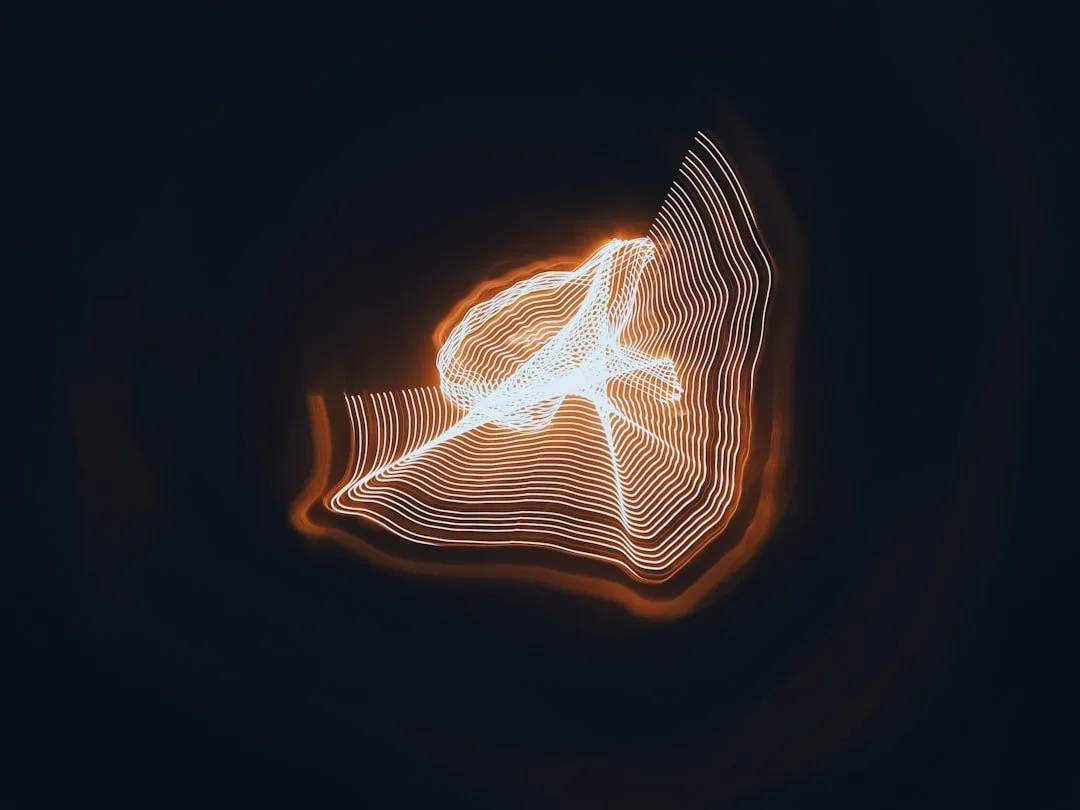Muscle soreness, caused by micro-tears in muscles and tissues, can be alleviated by kratom, an herb with diverse medicinal properties. Kratom interacts with opioid receptors and modulates prolactin levels, contributing to improved pain perception and muscle recovery. Prolactin, known as the "milk hormone," plays a key role in regulating immune response and tissue repair, enhancing kratom's analgesic effects for faster relief and longer-lasting comfort in post-workout recovery or managing chronic muscle pain conditions.
Muscle soreness, a common post-workout irritant, can now be approached differently with the potential aid of kratom. This natural herb has gained attention for its soothing properties, offering an alternative relief option beyond traditional methods. In this article, we explore the science behind muscle soreness, its causes, and how kratom could be a game-changer in recovery. Furthermore, we delve into the role of prolactin, a key hormone, in enhancing muscle recovery processes when combined with kratom use.
- Understanding Muscle Soreness and Its Causes
- Exploring Kratom as a Potential Relief Option
- The Role of Prolactin in Muscle Recovery with Kratom
Understanding Muscle Soreness and Its Causes
Muscle soreness is a common issue that arises from various activities, such as intense workouts or everyday physical labor. It’s essentially the body’s response to damage in muscle fibers and surrounding tissues. When muscles are pushed beyond their typical range of motion, small tears can occur in the fiber, leading to inflammation and subsequent pain. This process, while natural, can result in discomfort that hinders mobility and daily activities.
Kratom, a herb known for its diverse medicinal properties, has gained attention for potentially alleviating muscle soreness. It interacts with opioid receptors in the brain and body, which play a role in regulating pain perception. Additionally, kratom’s ability to influence prolactin levels—a hormone involved in various physiological processes, including muscle recovery—could contribute to its effectiveness in soothing aching muscles.
Exploring Kratom as a Potential Relief Option
Kratom, derived from the tropical plant Mitragyna speciosa, has gained attention for its potential therapeutic benefits, including muscle soreness relief. Its unique chemical composition includes compounds that interact with opioid receptors in the brain and body, offering analgesic (pain-relieving) effects. Studies suggest that kratom’s interaction with these receptors may contribute to its ability to alleviate muscle discomfort and spasms.
Additionally, research has explored kratom’s impact on prolactin levels. Prolactin is a hormone associated with various physiological processes, including immune response and lactation. Some studies indicate that kratom can modulate prolactin secretion, which might play a role in its anti-inflammatory properties. This interaction further highlights the potential for kratom to provide natural relief from muscle soreness by influencing both pain perception and inflammatory responses.
The Role of Prolactin in Muscle Recovery with Kratom
Kratom, derived from the Mitragyna speciosa plant, has gained attention for its potential benefits in muscle soreness relief. Among its various compounds, prolactin stands out due to its role in muscle recovery. Prolactin, often known as the “milk hormone,” plays a crucial part in regulating immune response and tissue repair. When used alongside kratom, it can enhance the body’s natural healing process. Studies suggest that prolactin inhibits certain inflammatory responses, reducing muscle damage and speeding up recovery after intense physical activity or exercise.
In the context of kratom, this combination may offer a synergistic effect, where both substances work together to alleviate muscle soreness more effectively than either alone. Prolactin’s anti-inflammatory properties can complement kratom’s natural analgesic effects, providing users with faster relief and potentially longer-lasting comfort during post-workout recovery or in managing chronic muscle pain conditions.
Kratom has emerged as a promising natural remedy for muscle soreness relief, offering an alternative option for those seeking symptom alleviation. By understanding the causes of muscle soreness and the role of prolactin in recovery, we can appreciate how kratom’s unique properties may contribute to faster and more effective healing. Further research into this area could unlock valuable insights into natural treatments, enhancing overall well-being.














